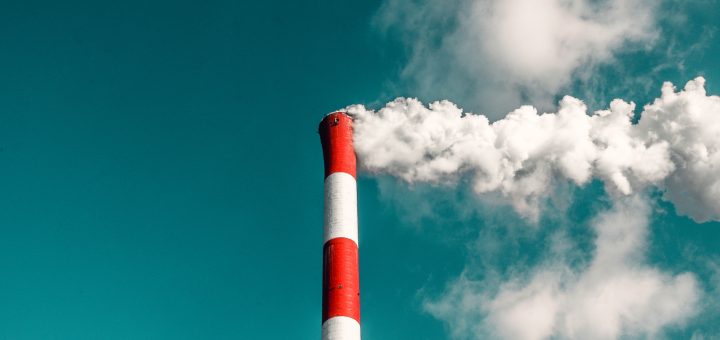Carbon tax is here

How it’s impacting Albertans
By Sydney Fritz, Contributor
In 2017 the Alberta government is taking the phrase, ‘New year, new me’ to a provincial level. Following the 2015 election of the NDP party there have inevitably been mixed reactions, from deep-seated concern to unwavering support.
This dichotomy of reactions will undoubtedly continue after the Jan. 1st implementation of a provincial carbon tax.
Carbon tax, in layman’s terms, is a pollution tax designed to cut greenhouse gas emissions. Its design is to do this by adding a fee to all use, production and distribution of fossil fuels.
Frances Widdowson, an associate professor of political science at Mount Royal University explains a carbon tax as “a financial charge imposed by the state on the carbon content of fuels. It is an attempt to put a price, a levy, on the burning of carbon.”
Widdowson is sceptical of the tax. “I think that the Alberta government is deluded in believing that a carbon tax will solve the environmental problems that are associated with the use of fossil fuels,” she says.
She believes the carbon tax has the potential to reduce usage but says as economic systems expand, they will still rely on the usage of fossil fuels despite the increased cost.
While the carbon tax is often discussed on a provincial scale, many are curious how they will be affected personally.
According to an estimate in an article from the Calgary Herald, the everyday household may end up paying up to $40 more a month for regular bills such as electricity and heating because of the carbon tax. This is in addition to a hike in gasoline and diesel fuel costs.
For those who commute, the most noticeable change will be gas prices, which will affect budgeting for transportation and possibly encourage people to look for greener ways to travel.
However, the Alberta government has promised varied amounts of rebates according to household earnings and size, that will likely offset much of the added energy costs to households. The rebates for 2017 range from $200-$360, depending on family size. They have also promised to support farmers and cut small business tax in the process.
What are students saying about carbon tax?
Q: Did the Alberta government set us on a path that will economically and environmentally improve this province with the carbon tax?
“The theory is sound, it’s the efficiency that the provincial government will struggle with.”
—David Reil, 28, student.
“I drive a fair amount for work and although my employer compensates me for some transport with the gas price increase, I will have higher travel expenses. I understand that this is to increase the use of public transport but I am from an area that doesn’t have any (public) transportation.”
—Ally D., 21, student.
“I think the benefits of this tax will be great in the long-term. It will spur innovation in the energy industry, and cleaner technology will be the result. Albertans will suffer in the short-term, as we will see in the effects of this tax through an increase in costs and prices.”
—Ryan Thomas, 21, student.
“This doesn’t necessarily change my feelings about the government but if they didn’t think through the benefits in the province then they wouldn’t have created it.”
—Michelle, 20, student.
A (brief) history of carbon tax in Canada
March 2007: Alberta paves the way in legislating a maximum for greenhouse gas emissions for large industries, fining $15 per C02 tonne that exceeds the maximum set.
April 2007: British Columbia joins the Western Climate Initiative, a non-profit corporation allied with certain US states with an aim to tackle climate change on a regional level, like ‘cap-and-trade’ agreements. Eventually Manitoba, Ontario, and Quebec joined and continue to be members.
July 2008: the Conservative B.C. government implemented Canada’s first carbon tax shift, a tax on fossil fuels.
Oct. 2016: Liberal Prime Minister Justin Trudeau unveils national carbon pricing plan to begin in 2018, giving provinces the opportunity to either negotiate a plan to price carbon pollution or accept Ottawa’s terms.
Jan. 1, 2017: Alberta begins their own provincial carbon levy on all fuels that emit greenhouse gas emissions including transportation and heating fuels, with certain exemptions. They also implement rebates to eligible Albertans to offset extra cost incurred by the carbon tax.



